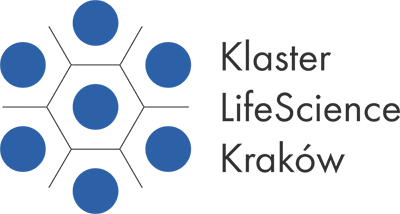
There is a great prospect in assessing the Bioeconomy potential within the Life Science industry. Not only to comply with the UN sustainable development goals 2030, but also, through a holistic approach within the industry, to explore the possibility for transforming “waste” into a profitable business for the company. Furthermore, there is a great potential in reducing fossil-based energy consumption with non-fossil-based and replacing fossil-based raw material with bio-based materials. Many companies, particularly in Scandinavia, has already seen the opportunity for increasing business result, and strengthen their competitive position through circular economy. They are not waiting around. They are way ahead!
The purpose of the Bioeconomy assessment is to map and analyse the entire value stream of the company to identify “waste” and the potential for replace, circulate, upgrade and collaborate (the four pillars). The outcome of the assessment is a report with score of each pillar together with recommendations for how to improve.
The mapping and assessment of Bioeconomy potential can furthermore be utilized to search across the industry in order to benchmark and pair obvious players (collaboration).
By applying the Bioeconomy assessment tool in cooperation with the company, we map and identify the potential.
The assessment is set up as a project in a cooperation between the company and DLP – and typically last 3-5 weeks and falls into 4 steps, namely:
1) Preparation, 2) Kick-off and data gathering, 3) Assessment, 4) Recommendations and follow-up.
A Bioeconomy assessment includes the following elements:
1. Analysis of Materials, Energy and Water including types, quantities, utilization and waste
2. Mapping of Materials, Energy and Water flows
3. Assessment of the company’s Bioeconomy Efforts and Results
4. Recommendations on how to improve Efforts regarding Bioeconomy
5. Recommendations on how the company can improve the Results regarding Replacing, Upgrading, Circulation and Collaboration
The project can be delivered in both Polish and English.

Presenter: Niels Dalhoff,
DLP
Niels Dalhoff is Partner and part-owner of DLP. As a Scandinavian Niels has a natural interest in nature and environmental issues. With his experience in using LEAN and management assessment tools, he and DLP wants to contribute to the idea of the “sustainable organisation”. Hence, we have in DLP challenged ourselves to invent a holistic assessment tool that efficiently help companies to review their environmental activity and develop business.



